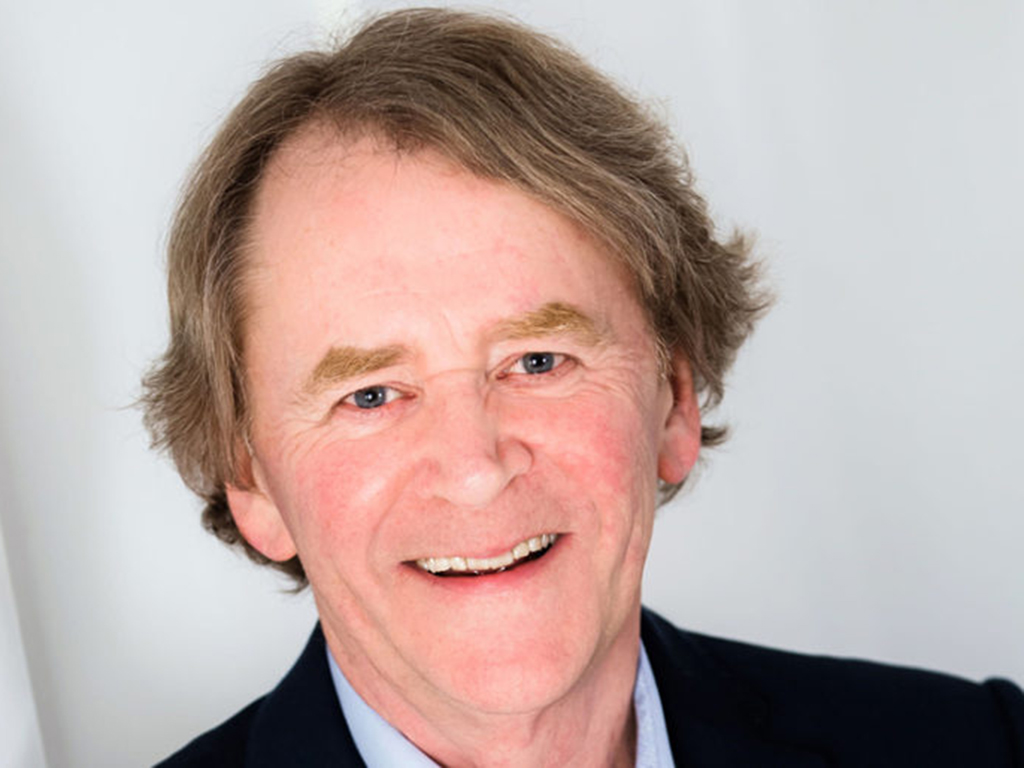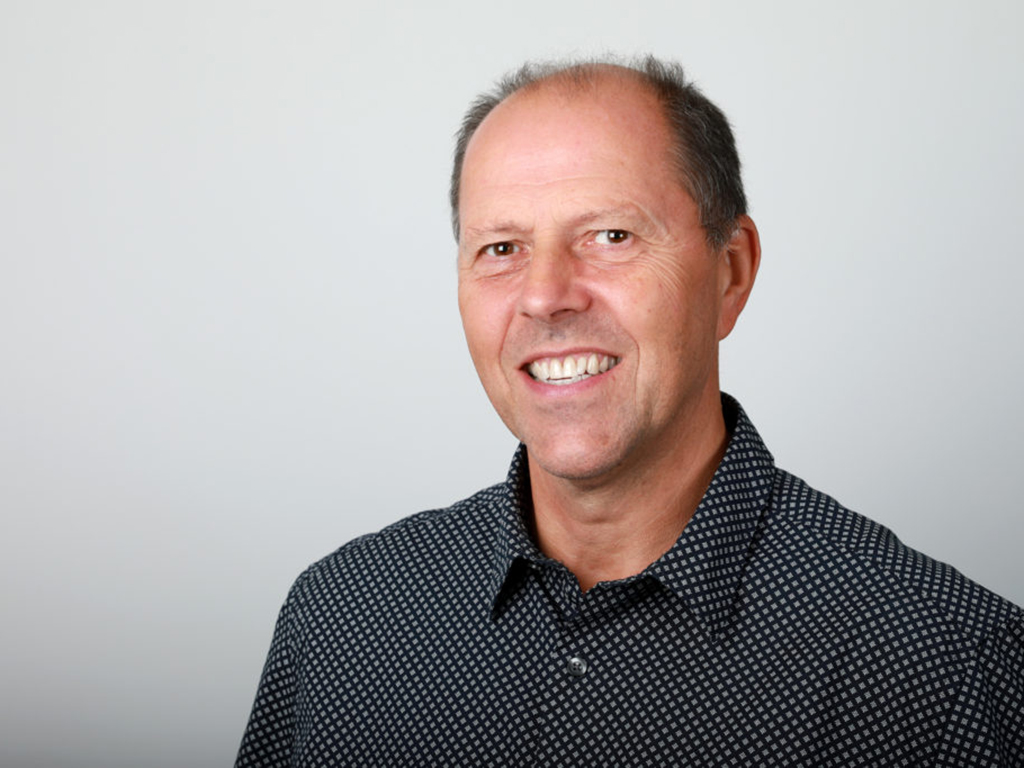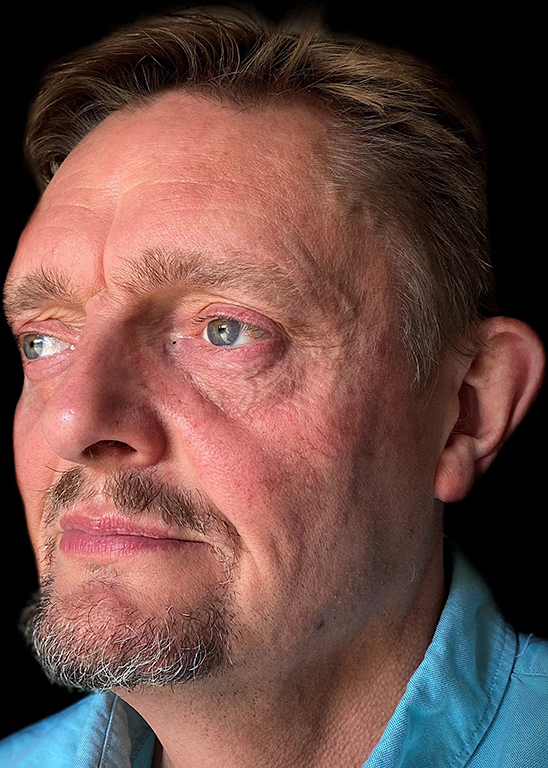Quiet optimism permeates component distributors
Component distributors are handling the present downturn with some aplomb. None are shying away from the slowdown in business.
Many are eyeing new opportunities that can come to fruition in the second half of this year. Whether that will be Q3 or Q4 remains to be seen. Almost unanimously, the industry is optimistic on prospects for 2024.
At the recent Electronic Components show in Oxford, the lamentations centred around bookings which have tumbled by as much as 60 per cent for some distributors compared to last year.
Steve Rawlins, CEO at Anglia Components reports bookings down 40%. “Customers are buying the minimum of what they need,” he observes.

Steve Rawlins, CEO at Anglia Components
Anglia enjoyed a record year in 2022, sales hit £92 million up from £73 million in 2021. And this year has been positive to date.
“Our business is up 23% compared to ecsn’s 2023 growth forecast of 3%,” says Rawlins. He is not getting carried away.
“Business is softening, customers have inventory coming out of their ears. Customer discussions focused on delivery and price, now its deliver on time and cash flow.”
He sees a decrease in component pricing and lead times on some products have fallen to 16 weeks from six months.
Passive component lead times are almost back to normal at 16 weeks for multilayer ceramic capacitors and tantalum capacitors. “Relays are more a problem, they are being soaked up by the automotive industry,” adds Rawlings.
Rob Rospedzihowski, Farnell’s President Sales for EMEA reports a mixed bag of business prospects.

Rob Rospedzihowski, Farnell’s President Sales for EMEA
“We’ve seen in a softening in our DACH region, that’s Germany, Switzerland and Austria, some of that is economy related with Germany entering a mild recession,” he says.
“Offsetting that is growth in Eastern Europe, the Nordics and the UK,” he continues. “The UK is most surprising considering the political turmoil and recessionary fears. The UK market has been strong and looks set to continue that trend this calendar year. Demand is strong, as is production output. The industry is holding up pretty well for us.”
His EMEA region is showing growth, though not on the scale of last year, the UK is the number one market in the region for Farnell.
Mathew Thorpe, Regional Sales Director, Northern Europe for Farnell concurs. “The UK is special for us. We are less reliant as a business and as an economy on semiconductors, unlike other markets across Europe. That explains the differences across the region.”
“Belgium and Holland are following Germany into recession, so we are seeing a soft set of results.”
Nigel Watts, President, EMEA at WPG agrees there is a cooling off, and is optimistic about prospects later this year.

Nigel Watts, President, EMEA at WPG
“Right now, customers are having inventory shoved down their throat, they have to take the product, so the downside is how long it will take to burn off that inventory.”
“That said we’ve never been so busy,” continues Watts. “Technology is taking off and we are seeing activity in AI, smart energy, robotics and automotive. I think we are not too far away from an upturn.”
“Q3 could see some stabilisation in the business, Q4 could see the start of an upturn and 2024 could be a boom year,” argues Watts. “Forward memory prices are already on the up for product in Q3/4, because the capacity is not there to meet anticipated demand within the next 12 months.”
He agrees manufacturing capacity needs to come on stream as soon as possible. “Some parts still on extended lead times – e.g. mcus, some products still at 25 to 30 weeks, and power devices too.”
Anglia’s Steve Rawlings says that he had some heads up that there could be a pick up starting September
“Suppliers are saying to us order now for latest Feb 2024. It could be a ploy to get us to order more product, but they are saying if we don’t order by September we will see nothing until April next year.”
Rawlings is resolute in his policy of keeping his inventory levels high.
“The markets going well are medical and security,” says Rawlins. Our online business Anglia Live is going really well, it opens customers’ eye to what we can offer.
“During the past two years with shortages, we supported our key and regular customers, and didn’t take on any new customers. Now we have opened our doors again,” he reveals.
“Anglia has 3,500 manufacturing companies in the UK as customers, out of a total of 4,500 in the UK. that’s not bad going, we have almost 80% of UK manufacturing base as customers.”
Over at Farnell Rob Rospedzihowski said that most of the troublesome component shortages have receded. “We are now experiencing standard lead times on most products, although memories and microcontrollers are a bit of a challenge.”
“But this is how the industry evolves,” he continues. “You take a standard car or some of the new applications being designed, they are sucking in lots of memory and microcontroller/microprocessor product.”
“Customers have readjusted from just in time production to somewhere between just in time and just in case. There is more stability in the demand for production and suppliers can gear themselves better for to that type of a demand pattern.”
Despite these market challenges, Rospedzihowski is optimistic, not least because he sees the footprint of electronics planting itself further around the globe.
“We are expanding into new markets, new areas and new demands, so while globally there is more predictability in established markets, there is increased demand for electronic components in Africa, the Middle East and South America.”
His colleague Mathew Thorpe chimed in with a positive message for the distribution market.
“The feedback from customers today is about the quality and security of the supply chain. As a result the value of distribution has increased as a result of the circumstances we have been facing,” he remarks. “Customers are more savvy on what they want to do and how they want to do it in terms of procurement efficiency in view of the challenges they faced supplying their end customers.”
“Being an omni-channel distributor enables us to create value for customers in different ways.”
A broader view of the market is supplied by DMASS which charts the fortune of the European components market.
Its most recent review revealed surprising revenue growth in Q1 that cannot hide the reality of rather full inventories in the channel.
Said Hermann Reiter, Chairman of DMASS, “At the same time, we share the general optimism in the European industry that the slowdown will be short. As our core business segments aren’t PCs and smart phones, but thriving segment like automotive and industrial, we are confident that after the inventory digest, demand will grow again dynamically.”
Adds Reiter: “The growth curves in Semiconductors and IP&E have been quite different for a while, with IP&E growth peaking a few quarters before semis. Therefore, we have been positively surprised in Q1. What is also visible is that special components on both sides are still seeing growth peaks which may indicate a shift away from standard technologies.”
“However, the special situation in distribution, compared to a total market that sees stronger skid marks, makes a prediction difficult, said Reiter: “Bookings have certainly decreased but not to the extent we have feared. We would expect a slowdown for 2023, but at moderate levels, and see a lot of optimism from customers for the long-term prospects of the components business in Europe.”










